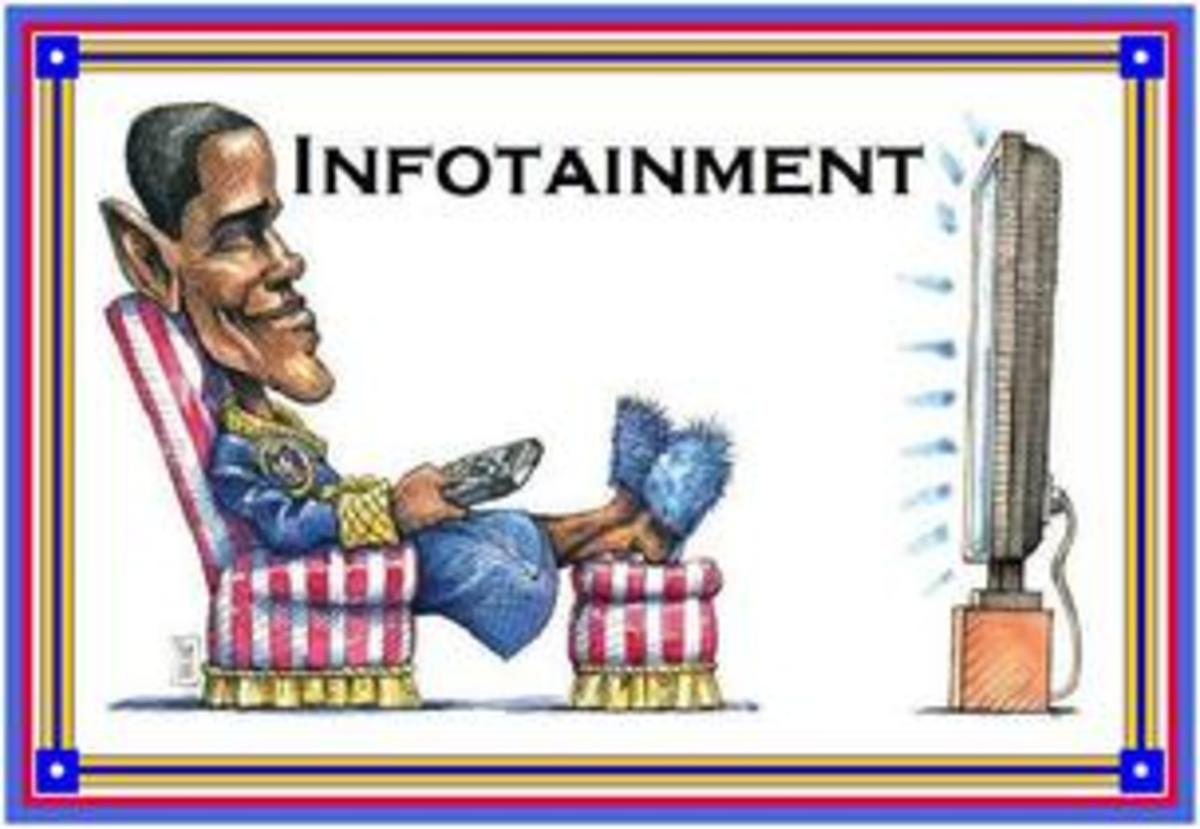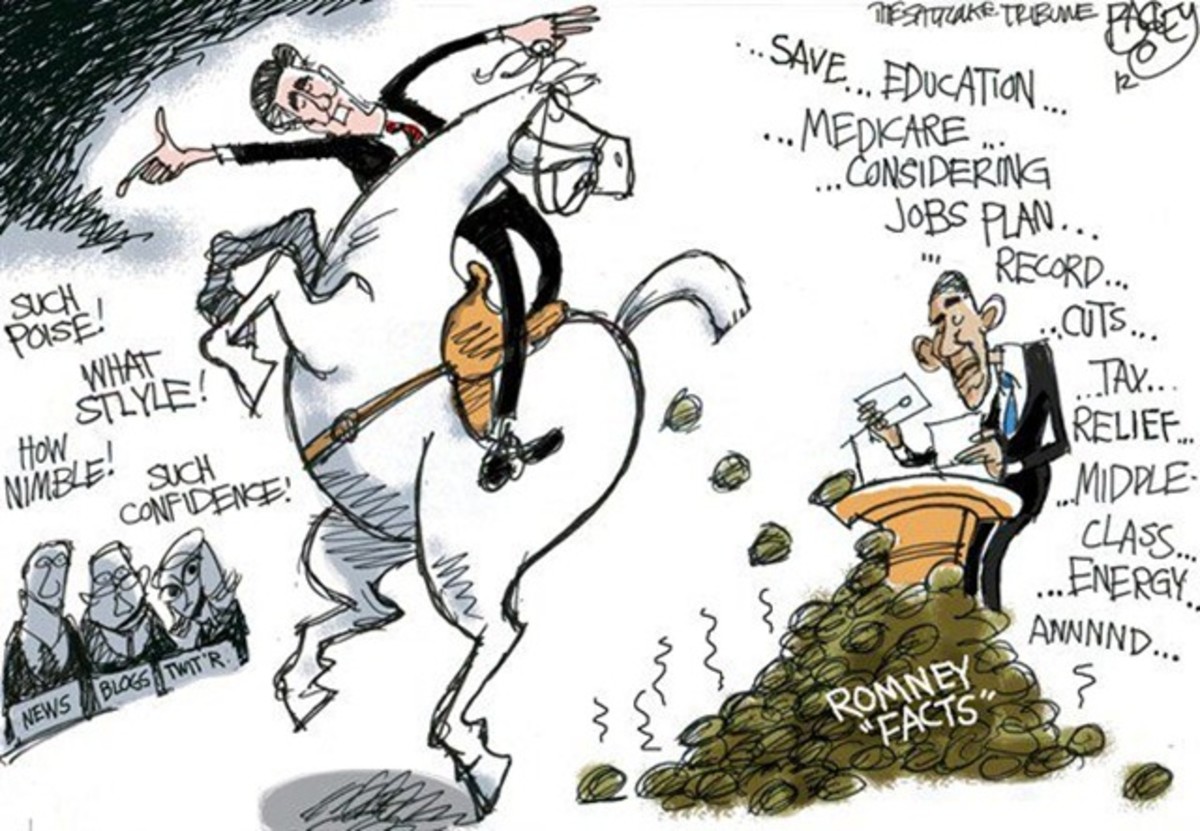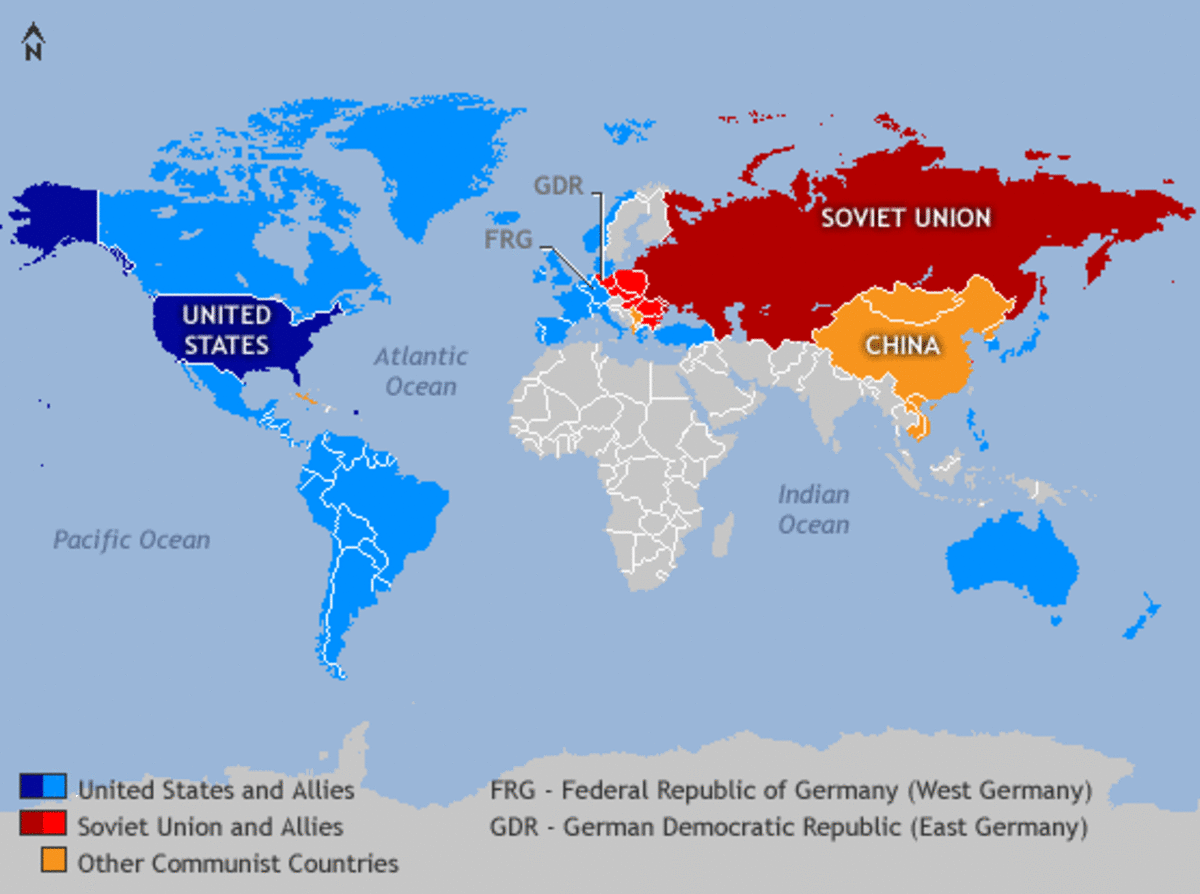Is Media Censorship a Necessary Evil?
Media Censorship
Are the youth of today learning negativity, bad language, and how to treat each other unfairly from the television programs they watch? It’s troubling to walk in a room while children are watching a network, such as The Disney Channel, and hear characters telling each other to shut up or calling each other stupid. Do we live in a day and age where children who are watching family friendly programming need to be closely monitored during commercial breaks? All children have to do now a days is turn on the television for 45 minutes to learn about the birds and the bees, how to treat people terribly, and how to swear like a sailor. Television regulations and lack of censorship are contributing to a culture of mean, desensitized children.
There is value in media censorship as media in our society is such an influential source of information and while in many cases censorship is necessary, there are counter-arguments to support that censorship may go too far and violate Rights to Free Speech. In section 4.14 of the e-Learning material, the importance of a counter-argument is addressed. The need to consider opposing viewpoints helps to formulate a well rounded perspective on an issue and helps to make informed decisions.
You must know that I consider myself an easy going parent of three young children ages 10, 9, & 5. I am a firm believer in picking my battles over issues that have little significance in the big picture but there is one area that I put my foot down and that is being kind to others. I have shown my children from an early age how to treat people with respect, how to use kind words, and that being mean to others is unacceptable but as soon as you turn on the tv to let the children watch a family friendly program, all that hard work goes right out the door. It amazes me that the content that is now allowed on the air has people wondering why we live in a nation where bullying and treating others disrespectfully is so prevalent in our society, “A new study finds that "social bullying" isn't just a real-life phenomenon. It's also common in the TV shows popular among kids aged 2 to 11. The researchers said 92 percent of 150 episodes reviewed featured some form of "social aggression" -- on average about 14 incidents per hour”. (Dotinga 2012) As a child, I remember watching shows like The Brady Bunch and Little House on the Prairie where the content didn’t contain illicit behaviors or vulgar language. Somewhere along the line between Little House on the Prairie and Hannah Montana, the definition of indecent material has taken a left turn. According to the FCC, “The Commission has defined broadcast indecency as language or material that, in context, depicts or describes, in terms patently offensive as measured by contemporary community standards for the broadcast medium, sexual or excretory organs or activities.” (FCC) I feel our standards have lowered and the need for increased censorship in our children’s programming is necessary as the trend for children to be socially aggressive to one another is being learned right from the comforts of their homes.
I am also in support of censoring media violence to a degree. Violence is prevalent in today’s society, all you have to do is turn on any news channel to witness violence taking place all around our nation. Police brutality, innocent lives shamelessly being taken, and cities such as Ferguson, Missouri being thrust into a media magnifying lense due to acts of violence. It seems to me that the more the media covers the violence and sensationalizes it to the viewers, the more violence continues. Is it possible that the news and internet airing violence on television is actually causing our society to in fact, be more violent? “Censorship restrains them(children) from seeing such things and it protects the morals of the society. It also prevents violence through stopping broadcast of events that might trigger it. The prevention of public display of disrespect to community and individual is also one of most important things about censorship.” (Asia-Pacific 2014) Media choosing to cover stories that potentially promote negativity may be causing our society harm.
Although I feel that there are many other justified reasons that media censorship is necessary such as protection of national security, banning graphic and illicit content, and dissuading political bias, there is an opposing view. On the flipside of my argument in favor of censorship of media, some do make the argument that over-regulating may not be good for our society. Censorship does in fact violate our Freedom of Speech, on some levels. Censorship can potentially stifle people’s creativity and innovative contributions to society. Multiple opinions is what keeps society full of ideas and constantly enriching our culture. An example of censorship to one’s creative thoughts would be radio talk show host, Howard Stern. While some don’t support some of his beliefs or choose to listen to his show, many argue that he has the right to speak his mind based on the First Amendment. After many FCC violations, Howard was left with no choice but to leave public broadcast and sign a contract with Sirius Satellite Radio, a medium that he can host his show uncensored. It seems that the FCC is perpetually evolving as content continues to challenge the parameters, “Anyone who cares about the First Amendment and press freedom should find this chilling. Apparently, “Congress shall make no law” abridging press freedom now has several caveats. Congress shall make no law unless they think media is “too big,” or unless they don’t like some of the content they see or hear, or unless they want to investigate newsgathering practices by a major news anchor many congressmen have long despised”. (Thierer) Media censorship regulated by the Federal Government is an area that appears to be a changing conversation as content continues to walk a fine line between acceptable and unacceptable.
Another argument on the harm of censorship is made by suggesting that when censoring what we see or hear as a society, it could potentially create an entire society based on ignorance and partial truths. “Censorship denies access to vital information.” (Pillai, 2012). The term mass media framing comes to mind in this example. Mass media framing is when the media presents stories and issues to fit the reality it wants the public to accept. By reporting partial truths or half stories, the audience is not able to make a full evaluation of a situation, in turn only being able to make an uneducated assumption of relevant media topics. Agenda setting may cause an audience to make uninformed decisions, but in some cases, certain facts may be left out of a story to protect the audience from graphic details or inappropriate content.
Media censorship is a topic that has many different perspectives and a difficult topic to be completely for or against. After looking at multiple viewpoints and researching arguments in favor of censorship as well as arguments against media censorship, I firmly believe there is a need to censor content so that our future generations don’t continue with a negative trend of social aggression and apathy. Although I was hoping to prove that all media censorship is a good thing, I do see that censorship can steer viewers and society into cultural ignorance based on the portrayal of partial truths.
As parents, it is ultimately our responsibility to monitor what our children are consuming on television and maybe trusting that Disney or Nickelodeon will handle that for us isn’t a fair assumption. If we don’t want our children to be exposed to certain realities of life, and like myself, want to keep them young and innocent for as long as I can, then keep an eye on their consumption.
References
(2014) Asia-Pacific Economics Blog. Pros and Cons of Censorship. http://apecsec.org/pros-and-cons-of-censorship/
Dotinga, Randy (2012). TV for Kids Filled with Social Bullying. Health Day, News for Healthier Living, http://consumer.healthday.com/mental-health-information-25/behavior-health-news-56/tv-for-kids-filled-with-social-bullying-study-finds-669008.html
FCC. Federal Communications Commission. Obscenity, Indecency & Profanity. Definition of Indecent Material. https://www.fcc.gov/guides/obscenity-indecency-profanity-faq
Pillai, Prabhair (2012). Pros and Cons of Censorship. Buzzle, http://www.buzzle.com/articles/pros-and-cons-of-censorship.html
Thierer, Adam D. (2004). Howard Stern and the Future of Media Censorship. Techknowledge No. 90. Cato Institute. http://www.cato.org/publications/techknowledge/howard-stern-future-media-censorship








